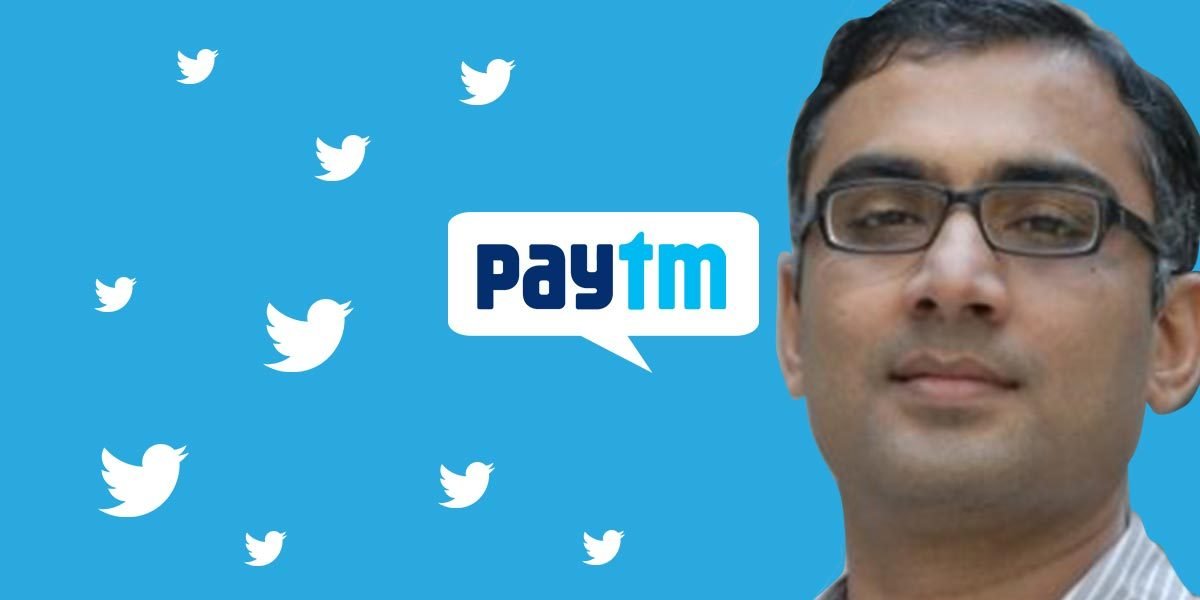Showing solidarity towards Paytm’s fight against WhatsApp UPI, venture capitalist Anand Lunia has written a piece on ET describing that India and its bureaucracy continue to be driven by ‘sepoy syndrome’.
The post hail Flipkart and Paytm for creating ecosystems — like e-commerce and digital payments. While it vilifies Amazon, Facebook, and Google for an alleged arm-twisting with local policies.
According to Lunia, Sepoy syndrome essentially stands for white supremacy which emphasises that white people deserve to rule the brown. It also highlights an unflinching crave for western products amongst Indians.
While the post garners support from Internet and Mobile Association of India’s president Subho Ray, Avlesh Singh (Webengage founder) and Lunia peer Shailesh Vikram Singh, it fails to get backing from digital payment fraternity on Twitter.
Replying to a tweet from Avlesh that praised Lunia’s piece, a veteran entrepreneur, and angel investor, Kunal Shah said that the success stories won’t come by forming mutual admiration club. Indian startup ecosystem needs a lot more candidness even if it means not agreeing with each other.
Unfortunately, the aforesaid success stories won’t come by forming mutual admiration club. Our system needs a lot more candidness even if it means not agreeing with each other.
— Kunal Shah (@kunalb11) February 19, 2018
Taking a jive on the opinion piece, PayU’s CEO Amrish Rau said in a tweet – very well written. Raises many questions but doesn’t answer any.
Very well written. Raises many questions. Doesn’t answer any. That’s an art 🙂
— Amrish Rau (@amrishrau) February 19, 2018
The post also claims that Paytm and Flipkart founders fought tooth and nail against Facebook Basics. The social media behemoth had launched the aforementioned programme in India in December 2015 with carrier partners to access it for free or used it when users ran out of data credit. However, Lunia claim of Flipkart founders supporting net neutrality is false.
Indeed, Flipkart supported Facebook basics initially, later it clarified that the company does support net neutrality. Meanwhile, Paytm’s boss Sharma was one of a handful of entrepreneurs who opposed Facebook Basics vehemently.
Great points @anandlunia. Agree.
Small correction : flipkart founders didn't fight tooth and nail for NN. They had initially signed up for freebasics and public outcry and the #FreetheInternet campaign made them backtrack – just so history is accounted right.
— The Startup Guy™ (@vijayanands) February 19, 2018
The post also alleges that crackdown by CCI on Google has failed to trigger any public debate and gain larger media attention. It also questions NPCI silence on alleged regulatory circumvention by Google and WhatsApp while rolling out UPI-enabled payment products and feature.
Voicing the same tune as Lunia, Sachin Bhardwaj (ex Tastykhana co-founder) who now runs health-tech platform Sminq said that not favouring local companies is another reason why global B2C companies can’t be built out of India.
Something I have always kept saying, but this will be interpreted as another “protectionist” post & the ‘liberals’ should be after Anand today 🙂 Also another reason why global B2C companies can’t be built out of India. Our ppl are not ready to give us a chance.
— Shachin Bharadwaj (@shachinb) February 19, 2018














